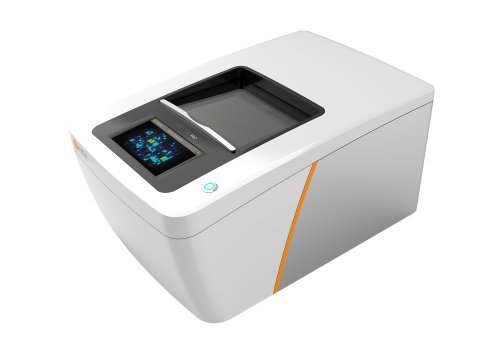Authors: Yun-Gwi Park, Na Kyeong Park, Youngsun Lee, Muhammad Adnan Pramudito, Yeo-Jin Son, Hyeyeon Park, Ali Ikhsanul Qauli, Seong Woo Choi, Kiwon Ban, Jong-Il Choi, Soon-Jung Park, Hun-Jun Park, Ki Moo Lim, Soo Kyung Koo, Jung-Hyun Kim, and Sung-Hwan Moon
Journal of Advanced Research, 22 July 2025
Using hiPSC-CMs and high-throughput MEA data from the Maestro Pro, researchers trained machine learning models to predict genotype-specific cardiotoxicity, showing how this integration can strengthen preclinical drug safety and regulatory decision-making.
Drug-induced cardiotoxicity is a major challenge in drug development, as traditional preclinical models often miss patient-specific risks. Human induced pluripotent stem cell-derived cardiomyocytes (hiPSC-CMs) offer a promising alternative because they recapitulate patient-specific electrophysiological features. In this study, researchers trained machine learning models using high-throughput MEA data from the noninvasive Maestro Pro system to assess genotype-specific cardiotoxicity risk. They uncovered distinct hypersensitivity patterns—for example, Brugada syndrome hiPSC-CMs showed stronger responses to calcium channel blockers—demonstrating how genetic background shapes drug response. This integrative platform highlights the potential of combining hiPSC-CMs, MEA, and machine learning to deliver more personalized and predictive preclinical safety testing.


